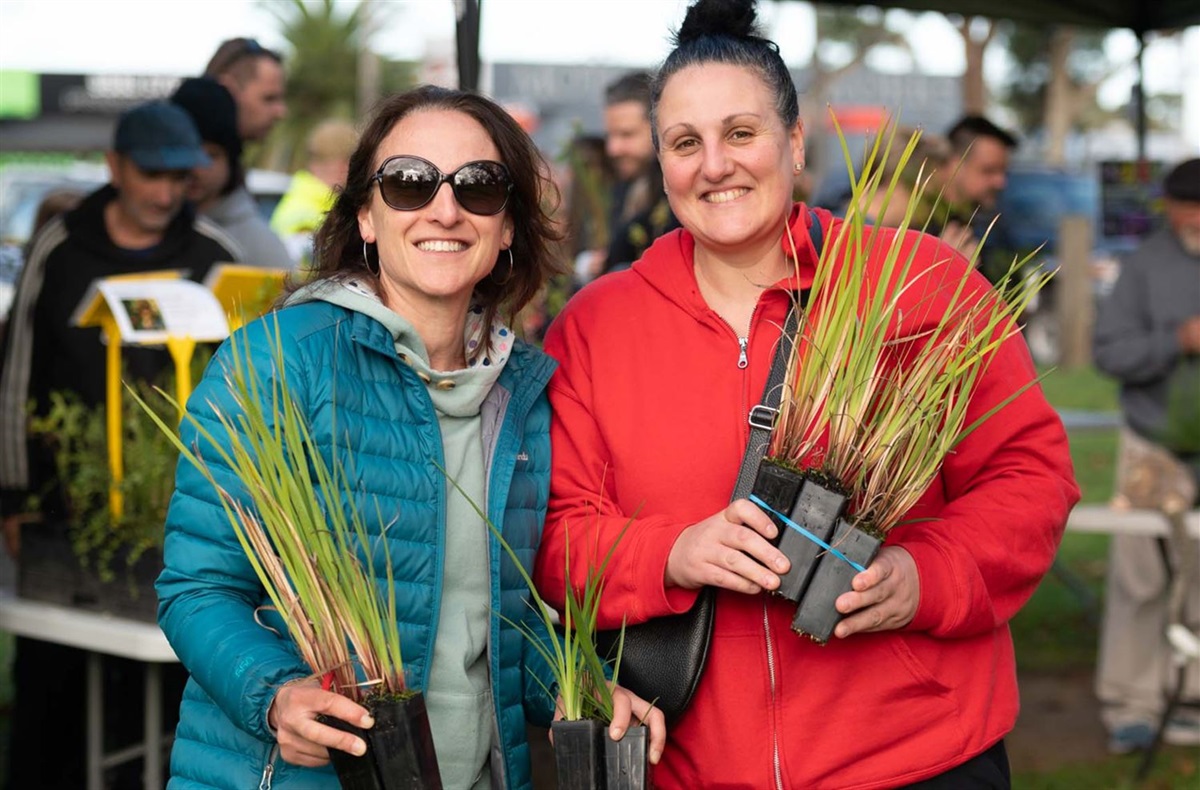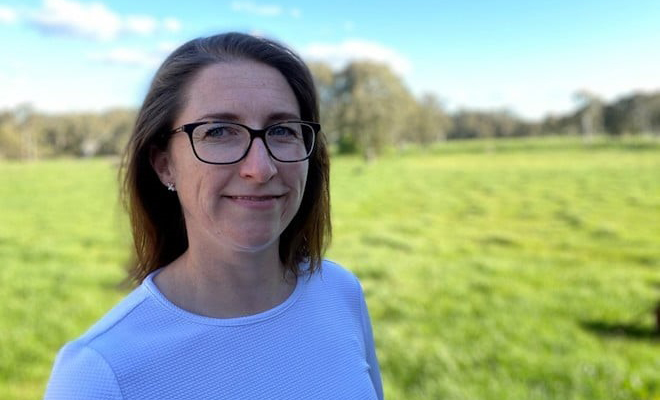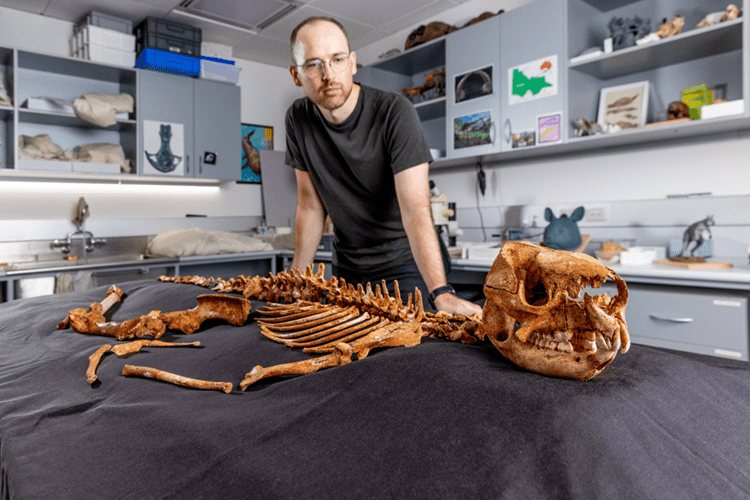The National Rural Health Alliance (the Alliance) applauds the introduction this week of the Commonwealth Government’s new Rural Advanced Skills funding streams within the Workforce Incentives Program.
“The Rural Advanced Skills training program is one necessary component to address the support needed by rural generalist doctors across the country to help them gain the advanced skills they need to work in rural and remote communities,” said the Alliance Chief Executive Susi Tegen.
“Life expectancy is generally lower for people living in remote areas. The burden of disease also increases with remoteness. In remote areas, it is 1.4 times higher than major cities,” Ms Tegen added.
Rural generalists provide significant services, including the training of the future medical and allied workforce, skills maintenance, additional administration and compliance as well as managing clinical responsibilities.
They have additional skill sets in areas such as emergency medicine, obstetrics and gynaecology and anaesthetics as they have experience working in rural areas which can be more challenging than working in an urban setting.
“We acknowledge the work of the Minister for Health and Aged Care, the Australian College of Rural and Remote Medicine (ACRRM) and the Royal Australian College of General Practice (RACGP) who have been working together to develop a National Rural Generalist Pathway and a strong national rural generalist workforce, which is crucial for multidisciplinary rural health care provision.
“We invite eligible rural generalists with advanced skills in mental health, obstetrics, surgery, emergency medicine, First Nations health and anaesthetics to take advantage of the new Workforce Incentives Program which has incentives up to $21,000 a year,” Ms Tegen said.
Between $4,000 and $10,500 per year is available to doctors providing these advanced skills services, with a separate payment of $4,000 to $10,500 per year also available to eligible doctors providing emergency care. Doctors may be eligible for both payments.
“We cannot continue to see the rural doctor workforce decline and these incentives are just one component of changes that are necessary to reverse the trend. The 30 per cent of Australia’s population that lives and works in rural, remote and regional areas deserve the same health and medical access that their urban counterparts enjoy,” Ms Tegen concluded.
F








